Out with the New, in with the Old - Part II
The continuing comparison of The Day the Earth Stood Still (Robert Wise, 1951) and…ehh…well – The Day the Earth Stood Still but the one by Scott Derrickson in 2008
In last the post I blabbered on about my thoughts on the original films New Testament references and the remake’s tendency towards the Old Testament. What I would like to try and do now is argue that because of this the original movie was perhaps subversive where as the new one just plain isn’t.
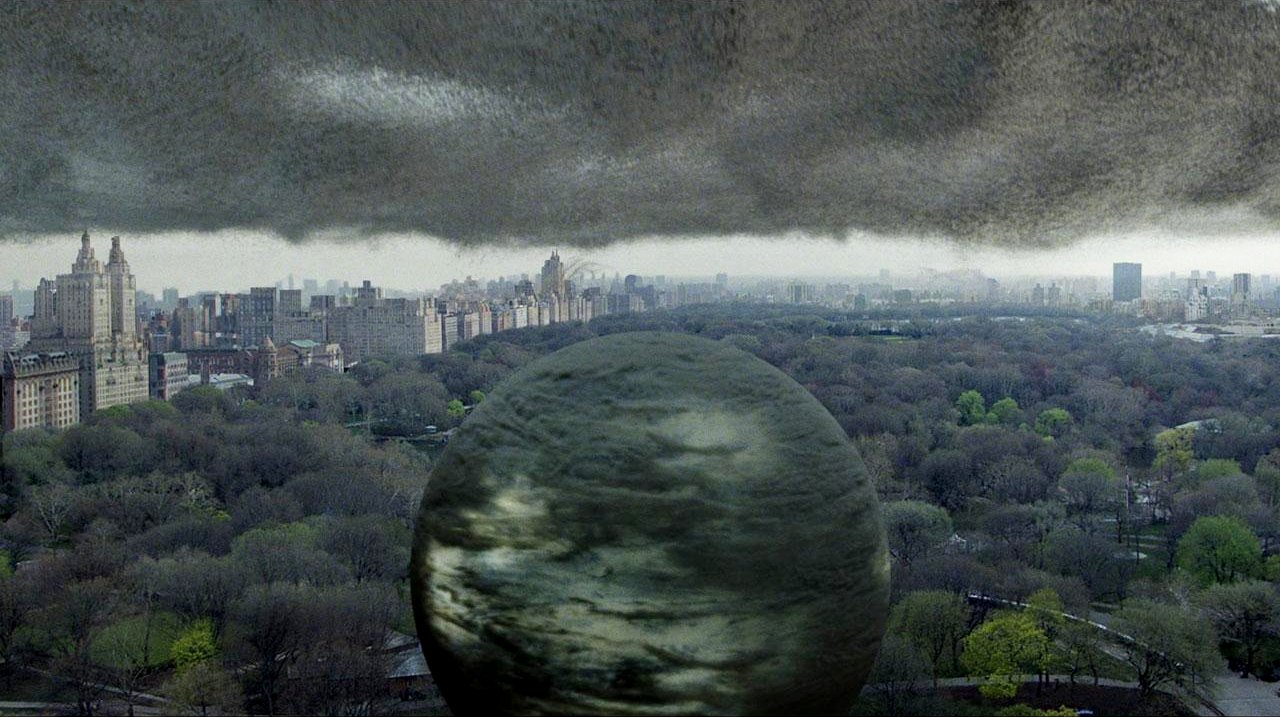 |
| 1951 or 2008? Have a guess, go on! |
In 1951 America found itself entrenched in a Cold War, and the politics of the time awash with anti-communist sentiment. This was driven in the main by Senator Joseph McCarthy and backed by the House of un-American Activities commission. 1947 they successfully blacklisted the ‘Hollywood 10’; screenwriters, directors and producers believed to be communist and therefore a threat to the American way of life. The suspicion of communism was widespread in the society at the time and citizens were encouraged to be vigilant. In a speech to the state department McCarthy said it was foolish to not accept, ‘that this is the time for the showdown between the democratic Christian world and the communist atheistic world…. Today we are engaged in a final, all-out battle between communistic atheism and Christianity.’ (1950)
This period of paranoia, mistrust and fear arguably has similarities with the political motivations of contemporary homeland security and ‘the war on terror’ that has been a strong political consideration since the horrific attacks on New York in 2001. It has been argued that the purpose of this political stance has, or has at least garnered, a similar motivation to the ‘witch hunts’ of the McCarthy era in that they strive
To galvanise the nation for war abroad and sedate it for repression at home, the previous [Bush] administration constructed a terror threat that was ubiquitous in character, apocalyptic in scale and imminent in nature.
(Younge, 2010)
McCarthy’s ‘democratic Christian’ is perhaps echoed in 2001 by George W. Bush, the then president.
‘Freedom and fear, justice and cruelty, have always been at war, and we know that God is not neutral between them. …may God grant us wisdom, and may He watch over the United States of America.’
(Bush, 2001)
In the same speech we are also reminded of the extent of the threat and just how useful we can be.
Americans are asking: What is expected of us? I ask you to live your lives, and hug your children. I know many citizens have fears tonight, and I ask you to be calm and resolute, even in the face of a continuing threat.
(Bush, 2001)
Despite a ‘continuing threat’ hanging over us, the idea of war is mentioned only in passing in the updated movie, violence is used at every possible turn as a response by Klaatu, GORT and the human race, in terms of the US government, as portrayed in the film, it is the only response to the alien threat. In the original film war is a continued reference and despite Bobby, the son of Patricia Neal’s Helen, having lost his father in the war he is not bitter or vengeful, and it is his attitude despite his loss that is so important to the original Klaatu. When the death of American soldiers in conflict is explicitly brought to our attention in the 2008 version, the overall attitude is different. Jacob, the stepson of Jennifer Connely’s Helen, does not accept the death of his father. A further difference is that Helen’s husband wasn’t even “that kind of soldier” but an engineer, someone not perhaps on the front line, not perhaps a fully ‘legitimate’ target.
Jacob hates Klaatu, he says so, “I hate you!” he says – he shouts it actually, so he must mean it. He also says stuff like, “He’s one of them. You shouldn’t be helping him. You should be stopping him” and “He’s weird”, and let’s not forget his delightful, “They should kill ‘em anyway. Just to be sure.” This is his impish plan to avoid complications if the aliens aren’t peaceful. Jacob does not trust outsiders, folk from not round here are not ok in his book and not only should they not be trusted but they should be out rightly opposed. The other characters accept his attitude because of his loss; it is legitimised by feelings of fear and grief. This is not an attitude supported by the original as Michael Rennie’s Klaatu says, “I am fearful when I see people substituting fear for reason.” (1951)
Only 6 years after the end of World War II The Day the Earth Stood Still (1951) asked us to think of peace and to find ways to bring the world closer together. 7 years after 9/11 and The Day the Earth Stood Still (2008) reminds us that we may have to tweak our use of the planet’s resources and tidy up a bit, but ultimately that we are a’right – y’know, we mean well. The response of our leaders may be ineffectual when it comes to battling fictitious, intergalactic environmentalists but they are not necessarily unjustified and humanity, our way of life is worth fighting for and worth sacrifice.
Ultimately the danger is not dealt with, at least completely, in either film but we embody the greatest threat in the original, as all we have to do is listen, and outsiders take this role in the remake. This may also be read in the wider societal sense and the political context. In 1951, while the government asks people to be fearful and suspicious of others, the original film essentially forwards a message of peace and a desire to find a way for all to live together on earth. This is arguably subversive in a period of political finger pointing. In 2008 an unknown enemy holds a constant threat over us, while our governments ask us to trust in their protection, and provide the necessary votes and funds.
That’s it, I’m done making glib interpretations of complex political situations and social anxieties. And I’ve read about as much into two sci-fi films that are perhaps just trying to be entertaining and exciting as I can be bothered to. So, go ahead, watch the films yourself and maybe come back here and chip in. Agree, disagree, point and laugh, whatever, it’s up to you. It’s always nice to hear from you. But, now I’m ditching all pretences of objectivity, if you can only watch one make it the original. I believe it is much purer of heart. J
References
Bush, George W. (2001) Address to a Joint Session of Congress Following 9/11 Attacks, available at: http://www.americanrhetoric.com/speeches/gwbush911jointsessionspeech.htm
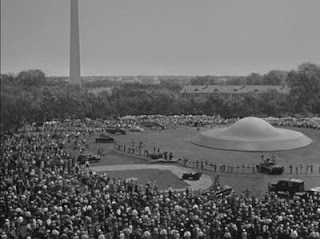

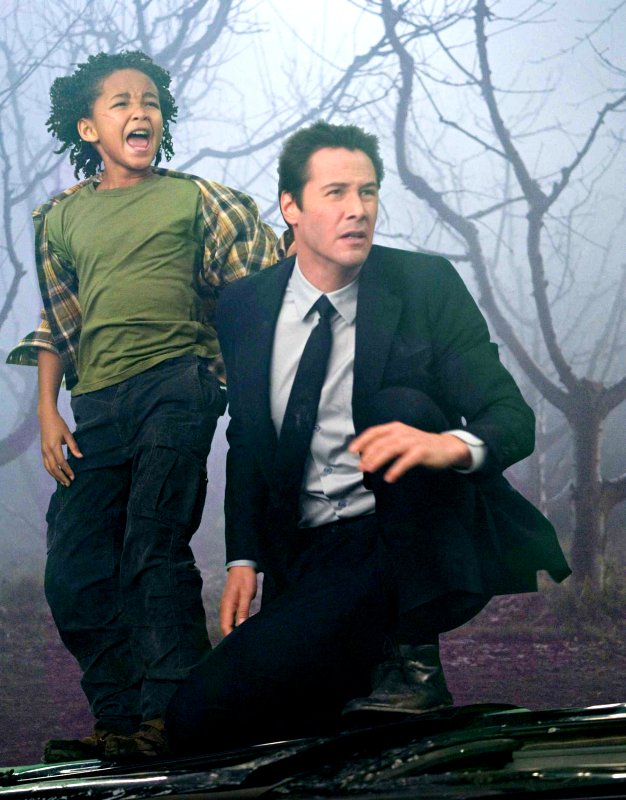
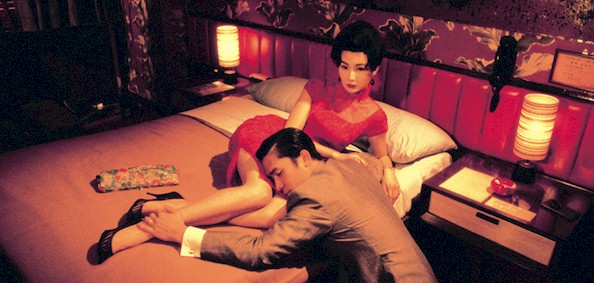
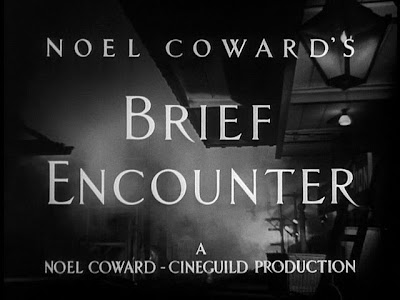

Comments
Post a Comment